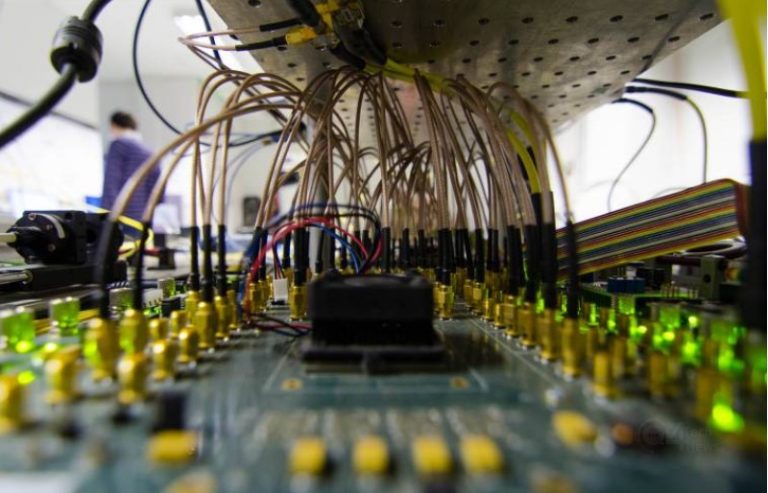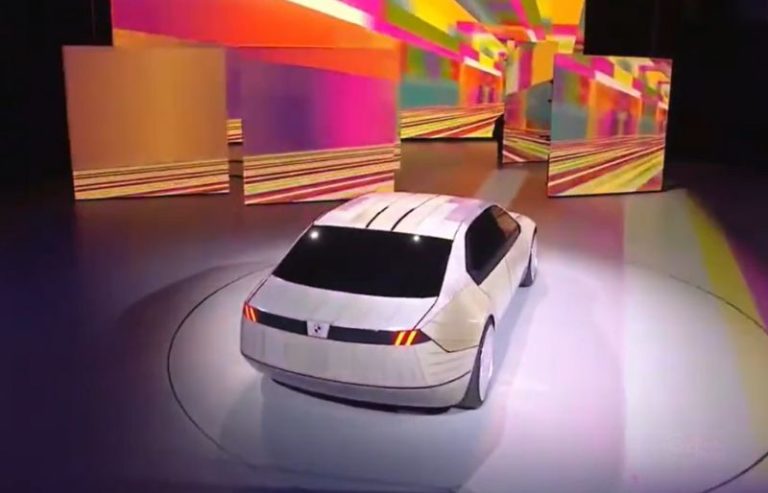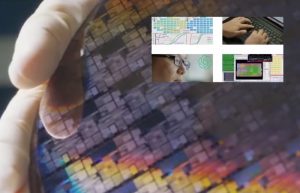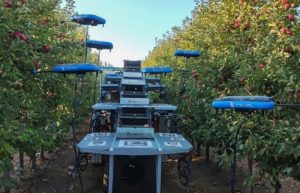According to the South China Morning Post, a quantum computer called Juizhang can handle AI-related tasks 180 million times faster than supercomputers in AI-related cases.
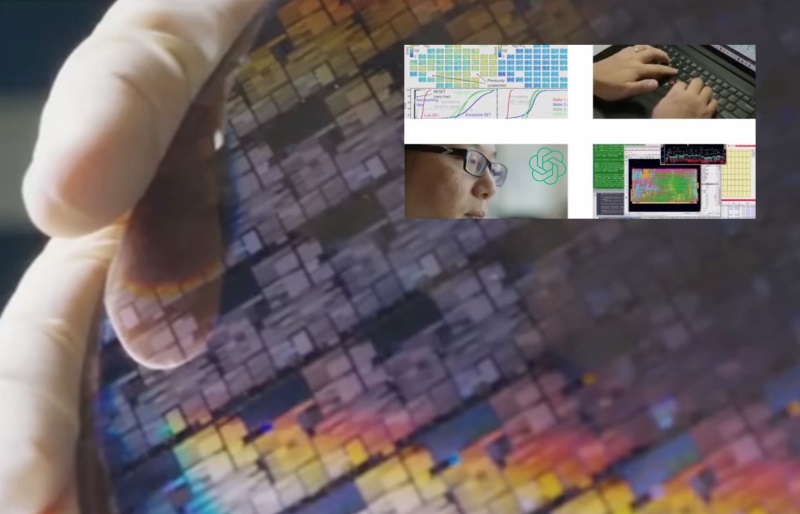
Juizhang was built by a research team led by Pan Jianwei. He is known as China’s “father of quantum computing”.
While the United States is enjoying its leading position in the TOP500 list of supercomputers in the world, China has been slowly building its expertise in the pioneering field of computing – quantum computing.
Unlike traditional computers, where a bit – the smallest unit of information can exist as one or zero, a bit in a quantum computer can exist in both states at the same time.
Known as a qubit, it allows basic information to represent all possibilities at once, which in theory makes them faster than traditional computers.
What is the speed of Jiuzhang?
China’s Jiuzhang rose to fame in 2020, when a team led by Jianwei performed a 200-second Gaussian boson distribution sampler. On a traditional supercomputer, the same thing would take an estimated 2.5 billion years.
Quantum computers are still in their early stages, and researchers around the world are only just beginning to test how these systems will work and have future applications. However, Pan Jianwei’s team decided to use the “Noisy Intermediate Scale” (NISQ) quantum computer to solve practical problems.
How to test the strength of Jiuzhang
To test the performance of Jiuzhang quantum computer, they tried using two common algorithms in artificial intelligence: Random Search and Simulated Annealing. These algorithms can be difficult for even super powerful computers, so the researcher used 200,000 samples to solve the problem.
At current technology levels, even the fastest supercomputer would take about 700 seconds to look at each sample, and a total of five years of computing time to process the samples the researchers are envisioning. In contrast, Juizhang takes less than a second to process them. That’s 180 million times faster than the fastest supercomputer on the planet today.
Benefits of using Jiuzhang
The US has also been researching quantum computers and has discovered that the microscopic constituent particles involved in the calculation process are susceptible to errors even when exposed to the slightest disturbance from the surrounding environment. This is why quantum computers are operated in isolated environments and at extremely low temperatures.
However, Jiuzhang uses light as a physical medium to enable computation and does not require working at extremely low temperatures. However, the team says it needs very low temperatures to work.
The research team aims to use some of the advanced algorithms being used today to demonstrate the benefits of using quantum computers. Research has demonstrated that even “noisy” quantum computers in their infancy offer significant advantages over classical computers.
The team says that the calculations achieved with Jiuzhang could also help researchers apply the technology in fields such as data mining, bioinformatics, network analysis and modeling research. chemistry.
The research results were published in the peer-reviewed journal Physical Review Letters last month.

